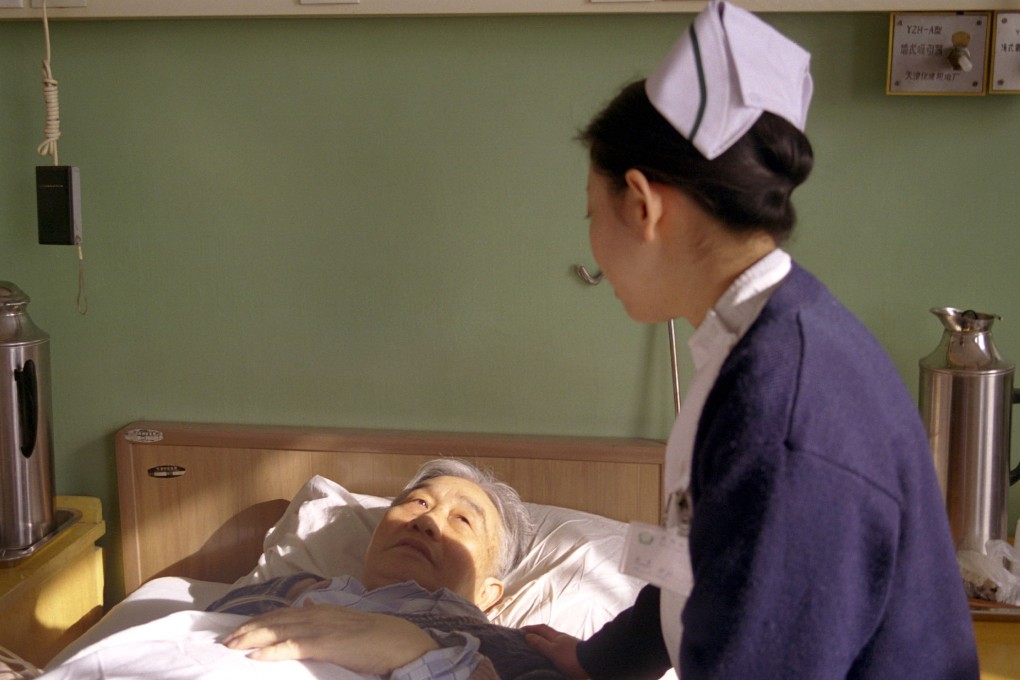Doctors warn of lymphoma, a growing cancer that's little known in mainland China
Push to raise awareness of lymphoma, blood disorder that's often curable

It's rare but growing and there's almost no public awareness of it.
Lymphoma is an uncommon type of blood cancer that occurs when an error in the production of infection-fighting white blood cells generates abnormal cells.
It's so rare that it's often misdiagnosed, but its incidence is thought to be on the rise on the mainland. On top of that, doctors say there's a lack of official effort to help patients cope with the high cost of treating what is often a curable disease.
Dr Zhu Jun, director of the Beijing Cancer Hospital's lymphoma department, said his institute's research indicated that the afflicted population had risen by over 6 per cent each year.
Although there are no national statistics on caseloads, mainland experts say the disease is already among the top 10 cancers on the mainland in terms of patient numbers. This is mainly due to improvements in diagnosis as well as the greying population and pollution.
A white paper from the Beijing Municipal Health Bureau two years ago showed that the population of lymphoma patients in the capital more than doubled from 4.37 per 100,000 in 2001 to 9.13 for every 100,000 people in 2010. Statistics are not available on a national level.